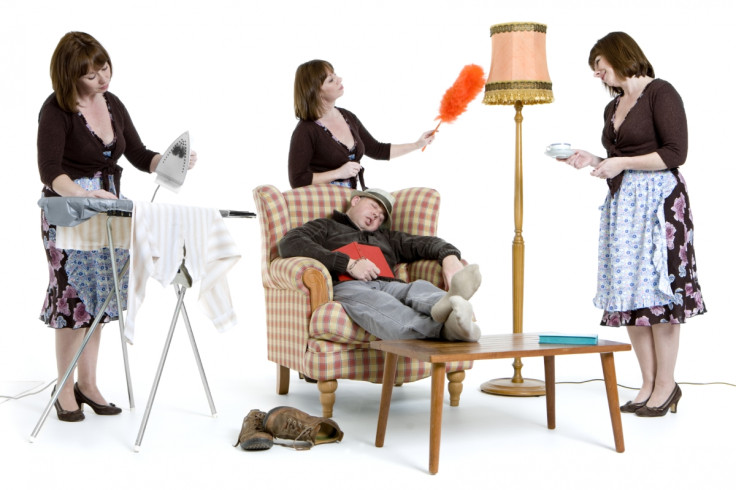Gender stereotypes as strong now as they were in the 1980s

Basic gender stereotypes are still as strong today as they were 30 years ago, scientists have concluded. A team of researchers looked at data from college students in 1983 and adults in 2014 to show 'traditional' beliefs about gender remain unchanged.
Published in the Psychology of Women Quarterly just a day after International Women's Day, researchers looked at data where participants had rated the likelihood a typical man or woman had a generic set of gendered characteristics.
The 2014 sample (191 adults) showed people still stereotyped men as competitive and women as kind; women were more likely to be nurses and men engineers, and women were perceived as having delicate characteristics, while men had physiological traits like a 'deep voice'. Furthermore, they found people were now more likely to believe men avoided 'female' roles, like housework and childcare, than they did in 1983.
One difference in stereotypes was that women and men are now seen to be more equally engaged in financial roles – in financial obligations, big financial decisions and the handling of financial matters.
Study authors Elizabeth L Haines, Kay Deaux and Nicole Lofaro said: "Changes in the activities and representation of women and men in society have unquestionably occurred since the early 1980s; however, those changes apparently have not been sufficient to alter strongly-held and seemingly functional beliefs about the basic social category of gender."

Another finding was that men were more likely to believe male stereotypes, while women were more likely to hold female stereotypes. The authors said that despite there being little difference between sexes in reality, people continued to believe – and exaggerate – the idea men and women were inherently different.
"People may perceive strong differences between men and women for two reasons. First, unconscious bias may distort the way in which people perceive and thus remember gender atypical behaviour as more stereotypical that it actually was. Second, the genders may curtail cross gender behaviour for fear that they may incur backlash that is typically directed at atypical men and women (e.g. wimpy men or powerful women)," they said.
The researchers acknowledge there were limitations to the research, including the unmatched participant samples and the lack of intersections of categories – including ethnicity and personal self-defined identities. However, they say the findings offer an "illuminating window into the changes and, more often, the non-changes that have occurred in gender stereotypes over the last three decades".
"These results attest to the durability of basic stereotypes about how men and women are perceived to differ, despite changes in the participation and acceptance of women and men in non-traditional domains. Because gender stereotypes are apparently so deeply embedded in our society, those in a position to evaluate women and men, as well as women and men themselves, need to be constantly vigilant to the possible influence of stereotypes on their judgements, choices and actions."
© Copyright IBTimes 2024. All rights reserved.






